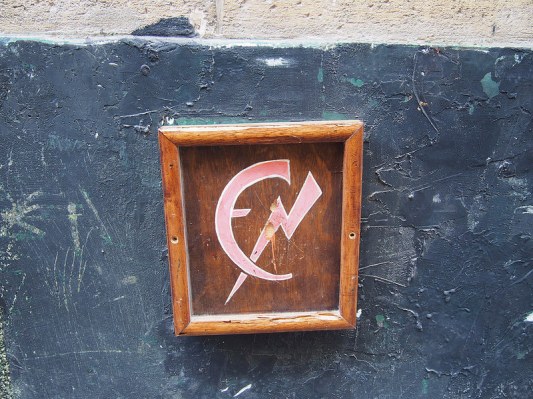It’s easy to be critical of the tech industry, and even easier to be critical of capitalism itself. Let us all continue to do so; criticism is valuable. But let’s remember that we do so because they are so important. Capitalism is still what lifts the world’s least fortunate out of poverty, and technology increasingly feels like the last, best hope of a world otherwise dead set on ruining itself.
I frequently complain about the industry myself in this space, but not this week, because I spent much of it in Havana … which basically felt like a picturesque disaster area, still under the thumb of oppressive one-party rule. It’s hard not to strongly approve of capitalism and free markets, for all of their flaws when left unchecked, after you see people excitedly queueing to buy tomatoes on one of the world’s most fertile islands.
But Havana is just an extreme example. I travel a lot — I’ve posted to TechCrunch from some twenty nations during my tenure as columnist here, and have visited seventy more at one time or another — and there’s no denying that across the world these days, when people dream of their future, their most realistic hopes often seem tied more to American science, American software, and Chinese hardware than to local politics.
That Havana tomato queue was just down the street from my Havana AirBNB, whose hosts made more than the average Cuban monthly salary each $35 night I stayed there. Yes, Americans, you too can both book and pay for AirBNBs in Cuba — and it has also thoroughly revolutionized tourism in the land of plenty known as Mexico where I write this, according to every Mexican in the tourist industry I’ve spoken to.
In the evenings in Havana I would go to the park a few blocks away, purchase a card good for one hour of Internet access from a shady dude in the corner (private Internet acess still being largely verboten there) and be the only visible tourist there, surrounded by dozens of Cubans as lost in their Android phones as I was in mine, communicating with the world.
For all of its obvious failings and its copious waste, the flywheel that is Silicon Valley and its outposts — spinning out startup after startup to test and experiment with new technology, absorbing their remains if they fail, accumulating their burgeoning energy if they succeed — remains an engine of change and progress unlike any other on the planet, with the possible exception of Shenzhen’s hardware ecosystem. I think we can at least all agree that it is vastly nimbler and more flexible, and arguably even more internationally influential, than the paralyzed, increasingly kleptocratic catastrophe that nation-state politics have become, and much more meaningful than most publish-or-perish science.
So let us not cease in our criticism. Let us remember that capitalism is only our least bad alternative, rather than one which is actively good; let’s keep a wise eye out for something better. Let us lambaste the tech industry when it sins, which is often.
But let’s remember to do so with a grudging respect, because there doesn’t seem to be a whole lot else out there offering much in the way of alternatives to various flavors of dystopia. We appear to be making a whole lot of mistakes, as a species, and love it or hate it, the tech industry seems to be the only fully functional system giving us at least the chance to innovate our way out of many of our worst errors before they catch up with us.
